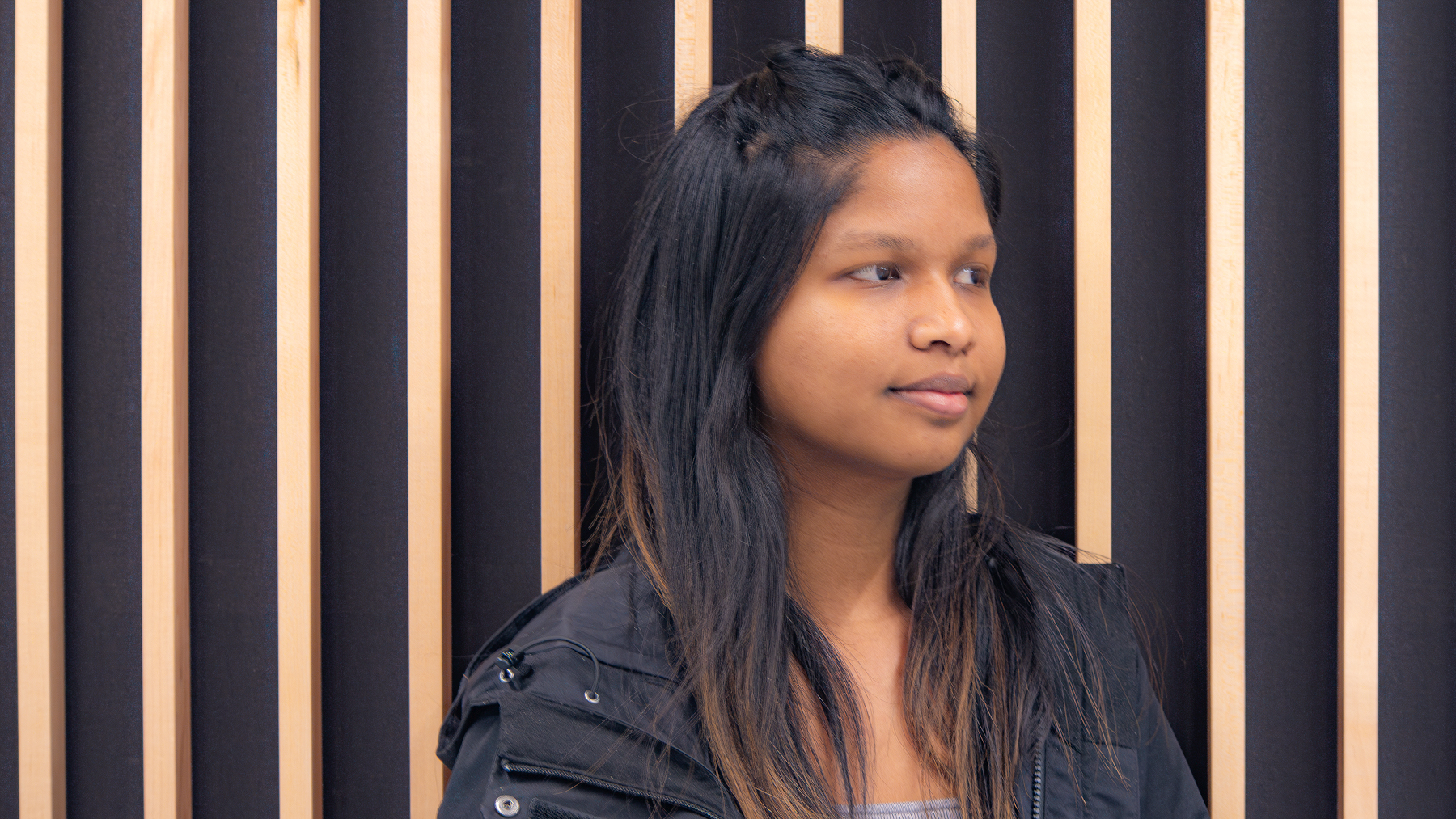Students at Thompson Rivers University (TRU) may be witnessing a change on campus related to the number of their international peers enroled this semester.
The decline in international student enrolment and the extent to which these changes impact TRU was made public during the Sept. 23 meeting of the TRU Senate.
According to President Brett Fairbairn’s report to the senate, TRU’s drop in international enrolment for the 2024/2025 year sits at 45%, a trend that is common nationwide. The changes to international study and post-graduate work permits announced by the Canadian government on Sept. 18 have led to TRU enacting new policies that reduced the number of applications the university accepted for the fall 2024 semester and beyond.
Fairbairn’s report says that TRU has implemented changes to its “recruitment practices to come as close” as possible to its initial international recruitment goals. These changes include the “shifting of recruitment processes to new markets and strengthening high school outreach.”
Additionally, the report states that high-demand courses like health care assistant, computer science, and master of data science and trade are being prioritized to expand and create new open enrolment for students at the university.
“We are seeing a change in the major source countries. We will proactively go to regions and countries where they are less sensitive to these changes,” said Baihua Chadwick, vice president international at TRU, in a recent interview with CFJC.
Angela Kujur, an international student from India studying at TRU, discussed with the Omega how the decrease in study and post-graduate work permits has affected her family.
“My cousin wanted to enrol for this semester, [but was unable to do so] due to the changes in the policy and TRU accepting limited [international] students. It was challenging for him to look into other universities in British Columbia, as the universities are not accepting any post-graduate degree students currently, and he wanted to apply for TRU as I was already here,” Kujur said.
For students like Kujur, TRU’s reputation among international students for providing flexibility in courses and opportunities led them to opt for this university. However, with the study permit changes, that seems to no longer be the case.
These challenges further complicate international students’ time abroad, as students new to Canada and university life often seek support, guidance, and assistance from their community, which many may find difficult with fewer new community members.
To help alleviate concerns, TRU has said that new international students will be assisted in connecting with diverse communities to overcome the culture shock they may face.
Current students enroled at the university for courses not highly impacted by the policy changes may seek assistance from the International Student Advisors.
The university has reiterated its desire to be transparent and informative about policy changes by proactively informing current and future students about changes that could impact their decision to enrol at TRU.

